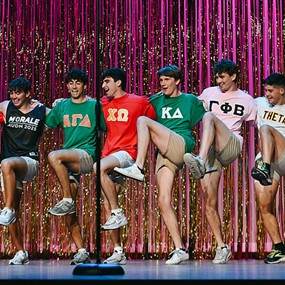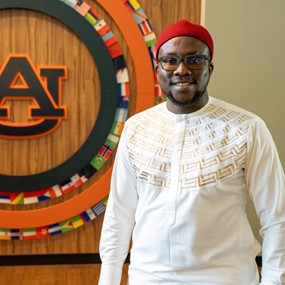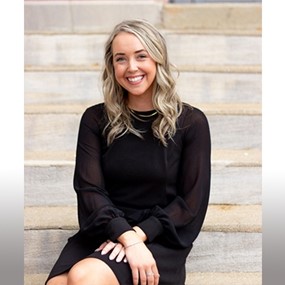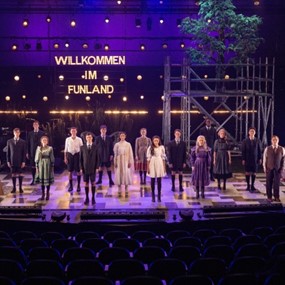Legal Communication professor takes students from classroom to courtroom, giving them a final exam to look forward to
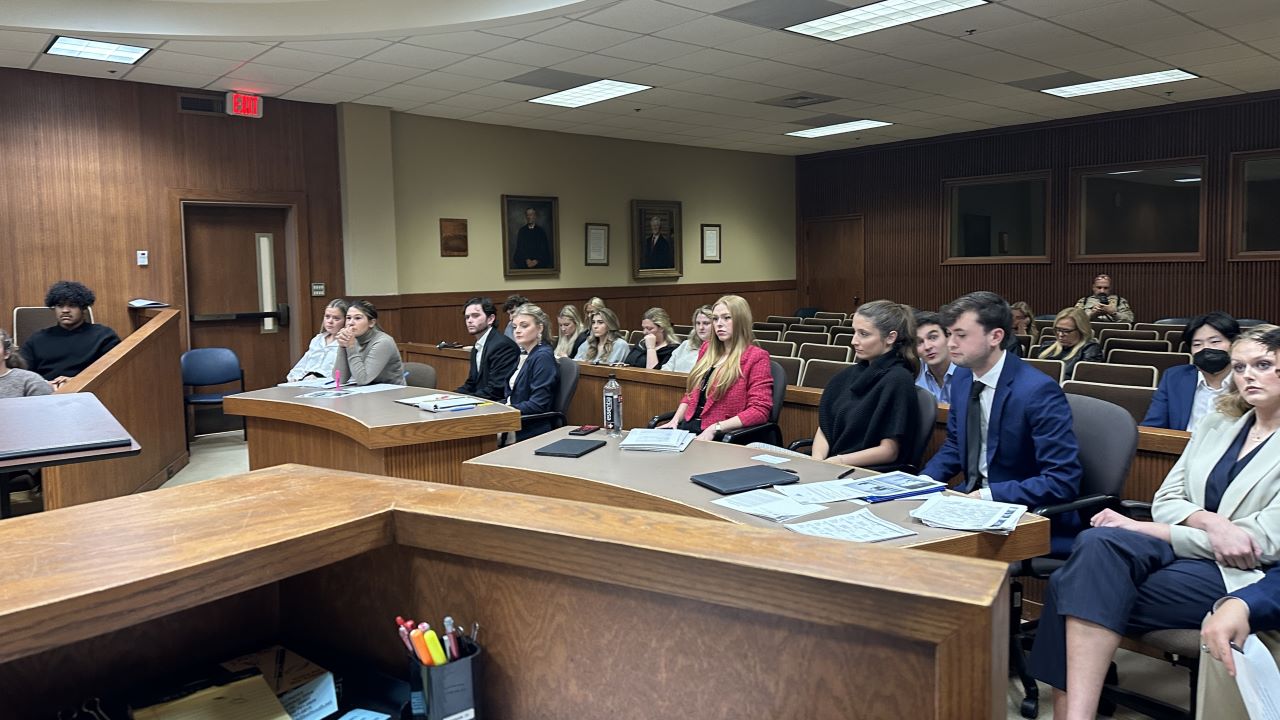
Susan Fillippeli, a communication senior lecturer of sixteen years at Auburn University, challenges her legal communication students to exercise their learning through a mock trial at the Lee County Circuit Court.
To prepare for the trial, students have to learn how to be good communicators in the courtroom. The students practice legal theory, crafting opening statements, closing statements, and questioning and selecting a jury.
"I've got a friend who is an attorney in town, and she will come in and do a series on how to do a negotiation or mediation," Fillippeli said. "I give them a mock family law custody case. They have to mediate between the parties, and she sort of guides them through that."
A couple of weeks into the semester, Fillippeli divides the class into prosecution and defense and gives them their case. Every other week, Fillippeli meets with each group to work on trial skills for their final project.
"I've had students tell me that this helped them feel a little more comfortable when they got to law school because they had been introduced to some of the legal theories and some of the concepts before," Fillippeli said. "They felt like it wasn't quite as new and scary when they got into law school."
The Monday after Thanksgiving break, the trial begins. Thanks to the Lee County Circuit Court and presiding judge Chris Hughes, the students get the opportunity to argue in a real courtroom, in front of a real judge.
"It's as close to a real world trial simulation as we can get. We have a bailiff, we have a jury, and we have a judge," Fillippeli says. "The students get very involved. When the jury is getting ready to render the verdict, you would think somebody's life really is riding on the line."
Each week, the students have an assignment dealing with the public nature of law and justice in the United States. The students learn how to properly read a Supreme Court case, how to identify the facts, understand the decision, read the dissents and apply all that to their own trial.
"They will have their parents and friends come and watch them and the students come out of the courtroom going, 'That was so much fun,'" Fillippeli said. "As a teacher, it is one of the times when you're really gratified and you can really see what they learned."
Learn more about the School of Communication and Journalism in the College of Liberal Arts.


